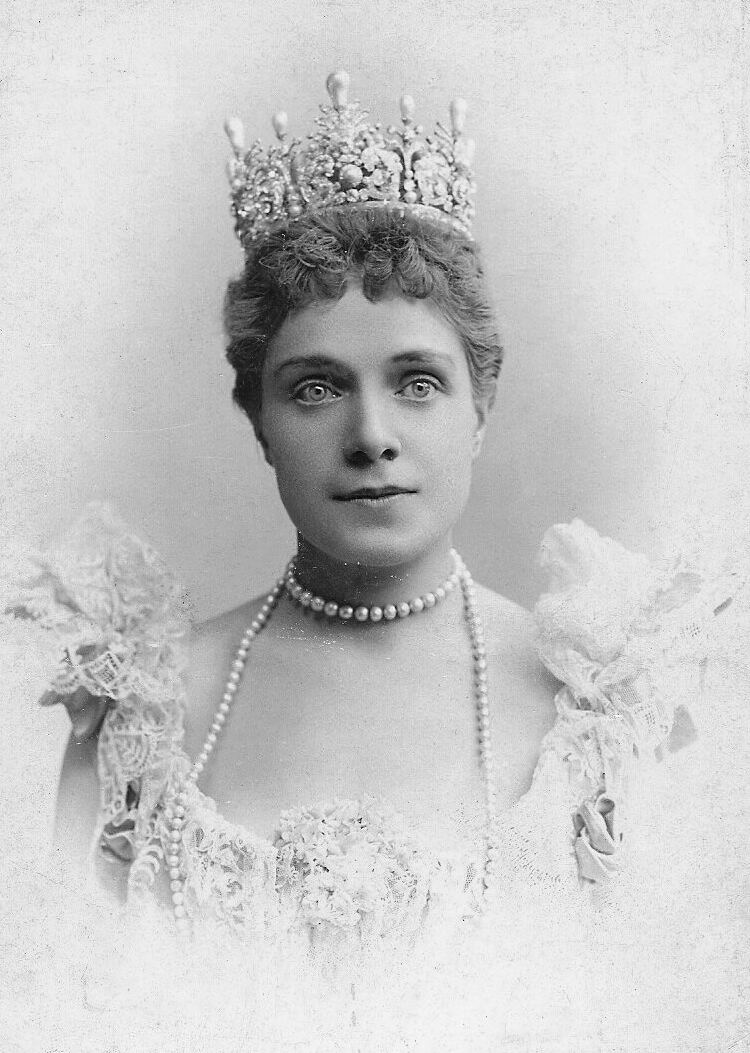 |
| La Majstro |
Hodiaŭ estas Zamenhof-tago, kaj ŝajnas bona ideo ke mi verkas esperante hodiaŭ. Ni memoras la naskiĝtago de Ludoviko Zamenhof, la kreinto de Esperanto. Ŝajnas al mi, ke la vera naskiĝtago de Esperanto estas la 26a julio, kiam Zamenhof eldonis la
Unua Libro. Hodiaŭ estas la 155a datreveno de la naskiĝo de Zamenhof.
Por Esperantistoj, Zamenhof-tago estas longa tradicio. Mi legis ke Privat festis la naskiĝtago de Zamenhof en 1908, sed je al 5a decembro! En 1918, en Vaŝingtono, oni havis memorigon por Zamenhof. La
Washington Times raportis ke la memorigo estus ĉe la WCTU salonego en Vaŝingtono. (WCTU signifas “Virina Kristiana Abstinemo Unuiĝo,” do ni povas supozi ke neniu tostis la memoron de Zamenhof per vino).
Bedaŭrinde, la
Washington Times skribis ne “Zamenhof,” sed “Ramenhof.” Kiu estas Ramenhof? Sed, ankaŭ estis reklamo:
Memorial of Dr. L. L. Zamenhof
AUTHOR OF ESPERANTO
W. C. T. U. Hall, 522 Sixth St. N. W.
Sunday, Dec. 15, 3:15 p. m.
Inquiring public invited.
Esperante,
Memorigo de D-ro. L. L. Zamenhof
AŬTORO DE ESPERANTO
V. K. A. U. Salonego, 522 Sesa strato, nord-okcidenta
Dimanĉo, Dec. 15, 3:15 p. t. m.
Oni invitas la esplorantan publikon.
La
Washington Herald raportis pri la kunveno je la 16 decembro, 1918.
Okazigis Esperantan Servon en Honoro de Ĝia Kreinto
Datreveno servo en Esperanto, en honoro de la fondinto de Esperanto, Dr. Louis Lazarus Zamenhof, estis kondukita hieraŭ ĉe la Virina Kristiana Abstinemo Unuiĝo.
B. Pickman Mann, kiu prezidis ĉe la kunveno, donis mallongon enkondukan skizon de la vivo de D-ro Zamenhof. Aliaj paroladoj estis donitaj pri la progeso kio estis farita el al alpreno de Esperanto kiel monda lingvo.
Laŭ artikolo en
Amerika Esperantisto, B. Pickman Mann, unue kantis la “Preĝo,” kaj tiam donis vivon de D-ro. Zamenhof. Aliaj homoj parolis pri la progreso de Esperanto en aliaj landoj.
Estis ankaŭ kunveno en Nov-Jorko. Tie, James F. Morton, Jr. legis pomemo pri la vivo de Zamenhof. S-ro Morton estis avocato, anarkisto, kaj li batalis por homoj rajtoj.
Al la Memoro de Nia Majstro
Por li, kiu gajnojn facilajn rifuzis,
Kaj nur pro homaro la vivon eluzis;
Por li, kies nomo perdiĝos neniam,
Sed restos amata kaj sankta por ĉiam;
Por li, kies agoj la mondon ja benas;
Por li, Nia Majsto, hodiaũ ni venas.
Se laŭdas ni lin per literoj el oro,
Ne estus sufiĉe por lia memoro.
Malfortaj ni estas, malgranda la rondo;
Sed li apartenas al tuta la mondo.
Per liaj laboroj montriĝas la vojo.
Al homa frateco kun paco kaj ĝojo.
Ni ŝparu do laŭdon; la vortojn ĉesigu;
Sed nian fervoron per agoj vidigu.
La paŝojn de l’ Majstro senlace sekvante,
Ni marŝos de venko al venko konstante.
La verda standardo de nia afero
Kondukos la mondon al amo kaj vero.
—James F. Morton, Jr.
You can follow my blog on Twitter (
@impofthediverse) or on
Facebook. If you like this post, share it with your friends. If you have a comment just for me, e-mail me at
impofthediverse@gmail.com.
This blog runs solely on ego! Follow this blog! Comment on this post! Let me know that you want to read more of it!










































